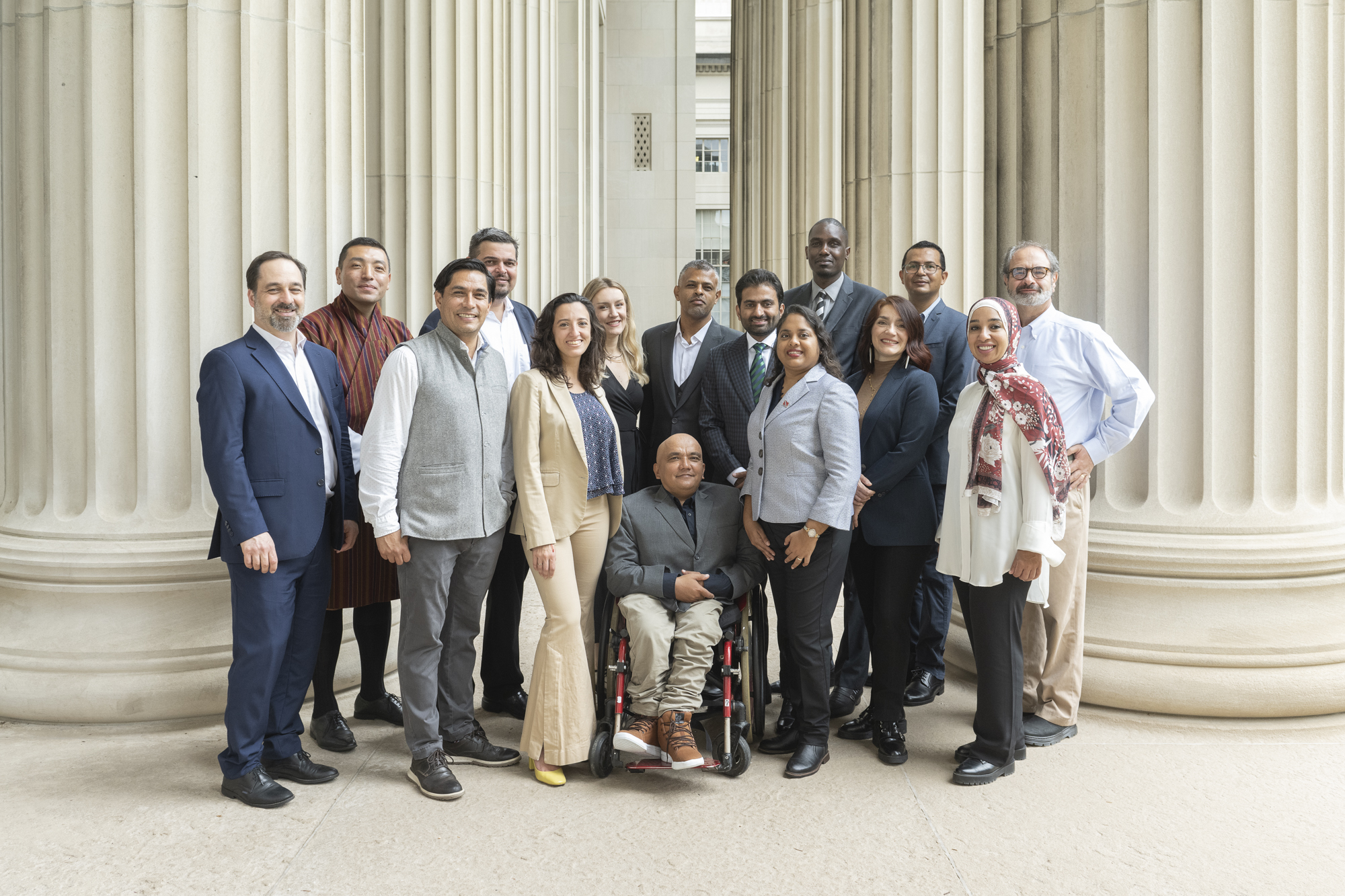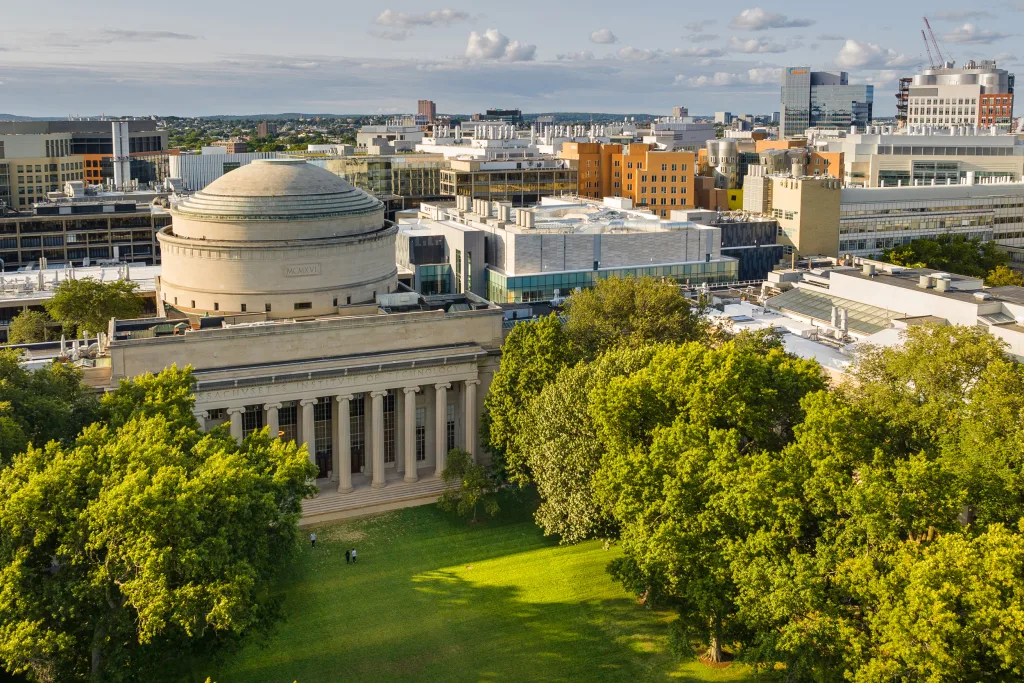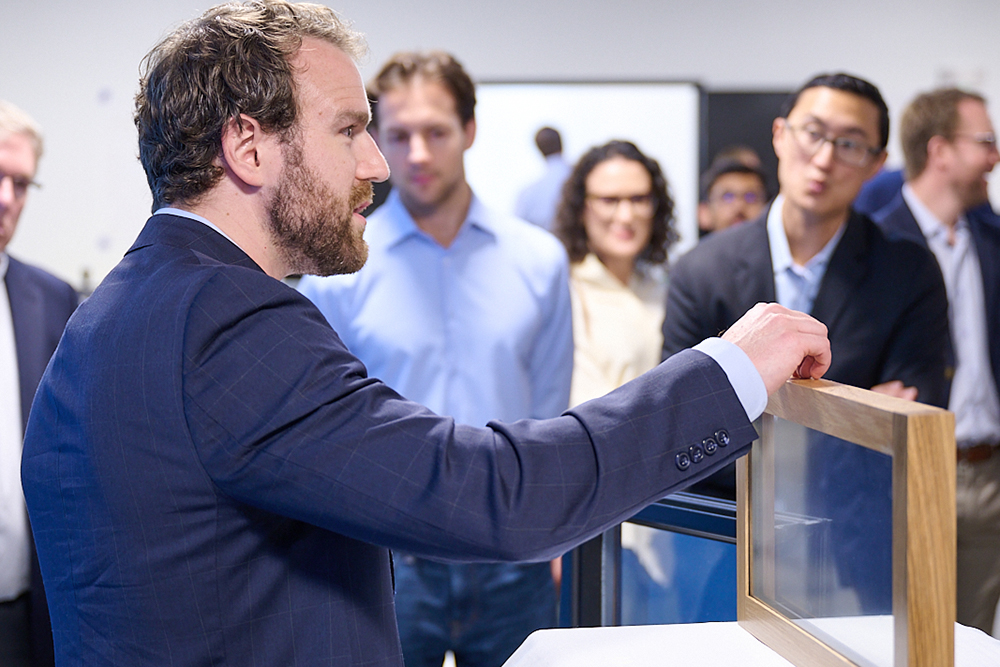Recently, sixteen mid-career urban planners and public administrators from around the globe concluded their transformative 10-month journey at MIT. This immersive program, designed to deepen their understanding of North American education and culture, aimed to enhance their professional networks and empower them with fresh insights as they return to key roles in government and organizations in developing countries.
This diverse group, representing nations including Argentina, Bhutan, China, Egypt, Honduras, India, Kosovo, Mexico, Nepal, Pakistan, Trinidad & Tobago, Yemen, and Zimbabwe, is part of the 2023-2024 cohort of MIT’s Special Program for Urban and Regional Studies (SPURS) Fellows. Established in 1967 within the Department of Urban Studies and Planning, SPURS has welcomed over 750 individuals from 135 countries, all of whom are influential in shaping policies back home. The program has garnered recognition from the U.S. Department of State, being one of 13 U.S. universities to host a larger group of fellows through the Hubert H. Humphrey Fellowship Program.
Humphrey Fellows benefit from fully funded travel, living expenses, and other costs, all covered by the U.S. State Department. A unique feature of this fellowship is its emphasis on professional growth without the pressure of obtaining a degree, allowing fellows to explore and learn beyond the confines of traditional education.
“This experience at MIT has been the greatest reward of my life,” says Carina Arvizu-Machado from Mexico, who has previously held significant roles with the World Resources Institute and within Mexico’s government. “Taking this year to pause, reflect, and engage in idea exchange has been incredibly valuable.”
Such reflections are common among both current and former fellows, notes Bish Sanyal, Ford International Professor of Urban Development and Planning at MIT and director of SPURS since 2004. “Fellows often express how this one year has allowed them to genuinely reflect on their past achievements and future goals,” he explains, emphasizing the profound connections formed with peers from various developing nations. “Many fellows have never previously collaborated with colleagues from other countries, and this program fosters an environment for open reflection on professional challenges.”
While some SPURS Fellows may not have extensive travel experience prior to joining MIT, they are undeniably a “highly motivated and influential group,” according to Sanyal. Their backgrounds span urban planning, economics, governance, and business development. Notable alumni include the managing director of the International Monetary Fund, a former CEO of the World Bank, former ambassadors to the U.S., and even a Nepalese Supreme Court justice.
“During the Ebola outbreak, the leader of the response team in Liberia was a SPURS Fellow,” Sanyal highlights, underlining the far-reaching impact of the program.
The mutually beneficial relationship created by bringing such a diverse and accomplished group to MIT is echoed by Allan Goodman, CEO of the Institute of International Education (IIE), which administers the Humphrey Fellowship. “MIT is greatly enriched by these interactions,” Goodman states. “Undergraduate and graduate students gain unparalleled exposure to international consultants focused on their areas of study.”
Fellows at MIT are strategically assigned according to specific areas of expertise, with SPURS concentrating on urban and regional planning. Sanyal notes that this programmatic focus remains consistent, irrespective of whether fellows are funded by the U.S. State Department or other international agencies. However, Humphrey Fellows are required to gain at least six weeks of professional experience within U.S.-based organizations, creating a unique blend of internship and consultancy opportunities that foster lasting professional relationships.
Peter Moran, director of the Humphrey program at IIE, emphasizes that a significant upside for fellows is the chance to step away from their established careers to gain a new perspective on their aspirations for serving their countries. The relationships formed with fellow participants and professional partnerships endure long after their return home. “Describing it as broadening one’s perspective doesn’t do it justice,” he says, highlighting the remarkable diversity among the attendees. “We’re bringing a wide spectrum of the world to the table.”
With over 50 years of fostering international collaboration, SPURS has generated sustainable connections among fellows, alumni, MIT faculty, and a broader network of professionals in Cambridge and beyond.
Sanyal identifies two pivotal factors to maintain the program’s high standards. First, an increase in funding could enhance program robustness, and he envisions developing financially sustainable partnerships with various local, national, and international agencies. Secondly, there is a need to evolve the program’s objectives in response to a changing global landscape. “In 1967, there was a strong belief in America’s role in aiding democratic nations,” Sanyal reflects. “Today, many countries, including the U.S., are more inward-looking, reinforcing the necessity for SPURS to create diverse funding sources.”
As Arvizu-Machado prepares to head back to Mexico this spring, she shares numerous unforgettable experiences from her fellowship — from engaging lectures and graduate courses to practicing yoga with her dorm mates. “Most importantly, the people I have met have been incredible,” she notes. “My fellow participants have become part of my family, but I’m also thankful for the faculty and the extended network I now have access to. I feel blessed to be part of this program.”
Echoing her sentiments, Tenzin Jamtsho from Bhutan emphasizes the profound personal connections made with both fellow participants and esteemed faculty. “The opportunity for these interactions has been life-changing,” he says. Serving as the director of administration and finance at Bhutan’s Druk Gyalpo’s Institute, Jamtsho was encouraged by colleagues to pursue the fellowship for its transformative potential. His experience at MIT lived up to those expectations.
Describing the MIT campus as a “free-flowing environment,” Jamtsho appreciates the diverse learning opportunities available. He highlights his newfound ability to analyze challenges through a “systems lens,” deeming it a pivotal skill he will bring back home. Additionally, Jamtsho will take with him the invaluable lessons of kindness and humility shown by the remarkable individuals he encountered. “Interacting with passionate and intelligent people has been a privilege,” he states.
Photo credit & article inspired by: Massachusetts Institute of Technology



